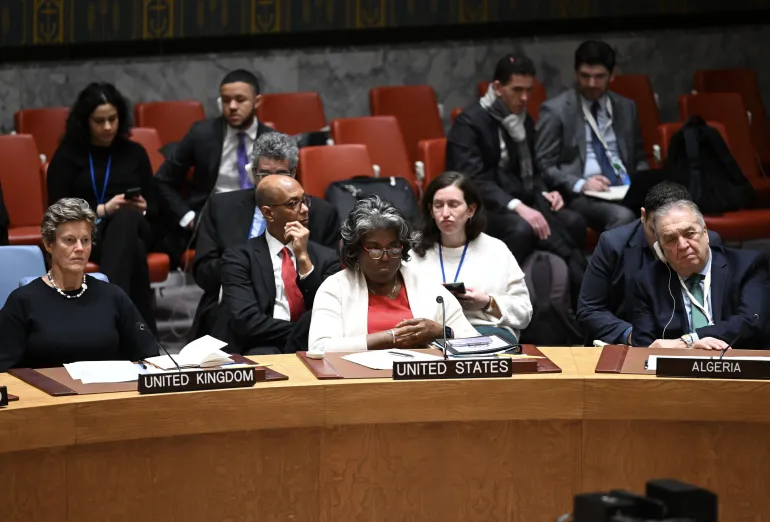
In today’s world, conflicts between nations far away from others should capture the attention of even those that are not involved in them.
This is because the repercussions of such conflicts can be dire on innocent countries.
Today, among other factors, some nations are blaming their economic woes on Russian-Ukraine war and it is interesting to note that countries thousands of kilometres away from Russia and Ukraine such as Ghana are among those claiming to be worst hit.
This is why the Ghanaian Times is concerned about the happenings in the Middle East, particularly events concerning Iran and the US.
According to an article titled ‘Confrontation with Iran’ written by the Center for Preventive Action (updated yesterday), more than 40 years after the 1979 Iranian Revolution, relations between the United States and Iran remain tense.
Iran continues to advance its nuclear programme and its support for proxy forces throughout the Middle East, despite US efforts to curtail both.
One may ask why the US wants to curtail Iran’s nuclear programme and support to proxy forces.
The possible answers may include the fact that the US wants to avoid armed entanglements in the Middle East.
There can also be the question why Iran will not be stopped from its nuclear programme.
To this question, the responses may include the fact that Iran believes a nuclear weapon could provide it enhanced deterrence against a possible US attack.
A close look at the US-Iran moves in the Middle East only brings out the point that the two countries are not likely to be allies in anything but opponents.
While it is very difficult to bring the two nations on the same path, it is only fair that the rest of the world appeal to them to measure their actions so that they do not undermine global peace and bring unintended hardships on innocent countries.
It is intriguing that both nations have allies in the region.
What that means is that naturally, they would give support to their allies if their opponents rise against them.
Against this background, the Ghanaian Times is not surprised at the report that the outbreak of war between Israel, a US ally, and the Iran-backed militant group Hamas in October 2023, brought fears of direct conflict between the United States and Iran to their highest point in several years.
Those fears have now been given fuel by Iran’s first-ever direct attack on Israeli territory on April 13, 2024, with Iran deploying over 300 unmanned aerial vehicles and missiles after an earlier Israeli airstrike on April 1, which killed multiple senior Iranian military officers in an Iranian consular building in Syria.
There is mounting regional tensions which do not only place US interests in the Middle East in danger, but can also affect the rest of the world in many ways.
A full-scale regional war bodes evil for the whole world, so regional bodies for peace and the United Nations (UN) should work together to help calm nerves before regional conflicts across the globe escalate into the unexpected.
The UN so far appears slumbering and it is about time it woke up to tackle the tensions in the Middle East and conflicts elsewhere like Russia and Ukraine.
The post Address tensions in Middle East, elsewhere appeared first on Ghanaian Times.
Read Full Story













Facebook
Twitter
Pinterest
Instagram
Google+
YouTube
LinkedIn
RSS